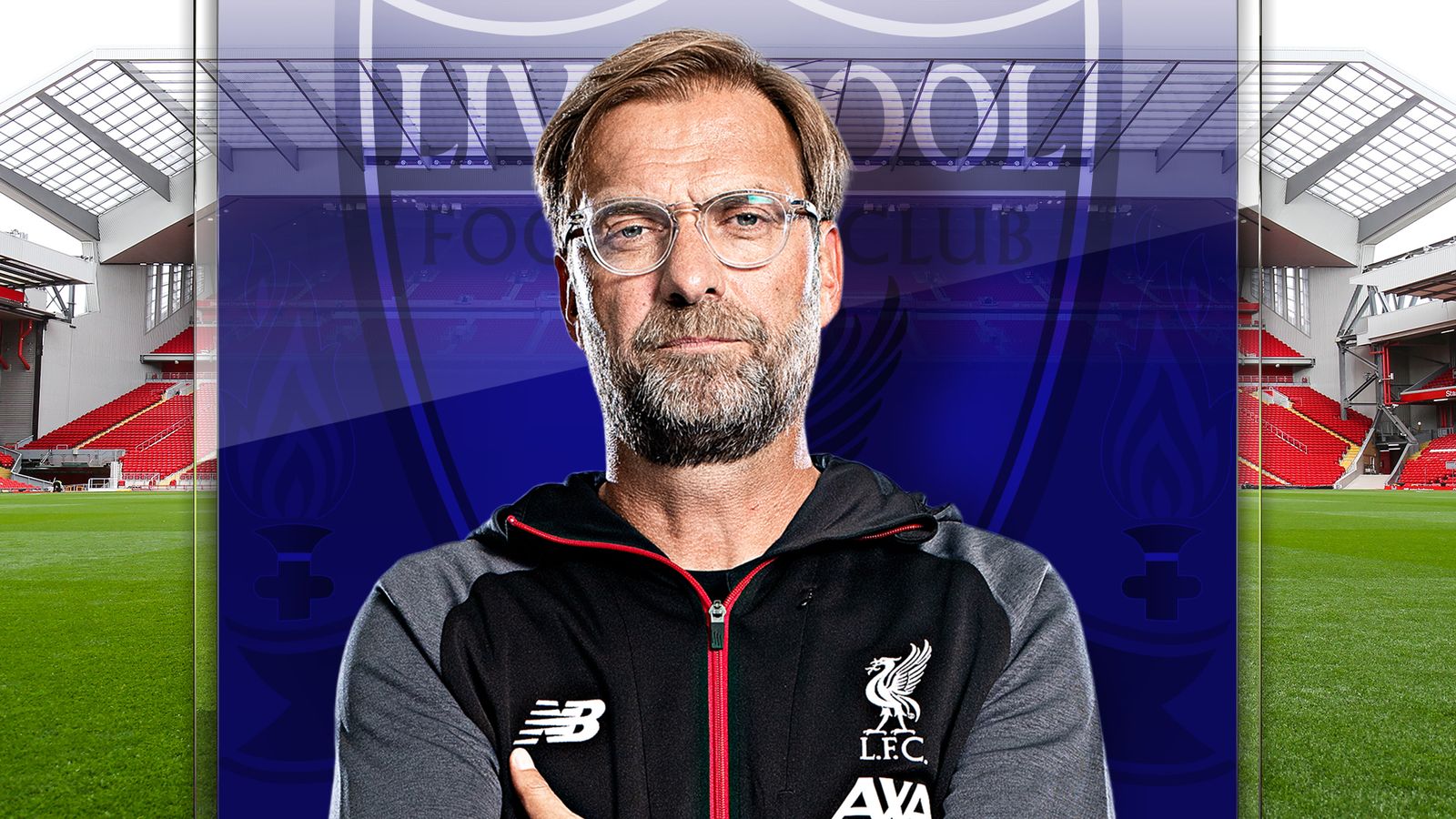Liverpool Football Club, one of the most storied and successful clubs in English football history, has undergone a remarkable transformation under the stewardship of Jürgen Klopp. Since his appointment in October 2015, Klopp’s influence has been profoundly felt, not only in Liverpool’s trophy cabinet but also in the way the team plays the game. This article delves into the evolution of Liverpool’s playing style under Klopp, tracing its roots, understanding its development, and exploring the impact it has had on the club’s history.
Early Days: The Klopp Era Begins
When Jürgen Klopp took over Liverpool, the team was in a transitional phase. Brendan Rodgers’ tenure had seen some success but also inconsistency. Klopp arrived with a reputation built on his work with Borussia Dortmund, where he had revolutionized their playing style. Known for his high-energy, gegenpressing approach, Klopp brought with him a philosophy that would soon redefine Liverpool’s footballing identity.
Klopp’s early days at Liverpool were characterized by a period of adjustment. He inherited a squad with varying degrees of fitness and tactical understanding. The first few months saw Klopp implementing his fundamental principles—high pressing, intense counter-pressing (gegenpressing), and a focus on quick transitions. The team’s playing style began to shift from Rodgers’ more fluid, possession-based approach to a more dynamic, high-intensity game.
The Rise of Gegenpressing
Gegenpressing, or counter-pressing, is the cornerstone of Klopp’s philosophy. The idea is simple yet effective: win the ball back as quickly as possible after losing it. Klopp’s system involves the forwards and midfielders applying relentless pressure on the opposition high up the pitch, forcing them into mistakes and regaining possession swiftly.
Liverpool’s adaptation to this style was not immediate. The players needed time to adjust to the rigorous demands of constant pressing and the high tempo that Klopp favored. However, once the players fully embraced the system, the results were evident. The team’s defensive solidity improved, and they became notorious for their ability to exploit turnovers and transition rapidly from defense to attack.
Tactical Innovations and Key Players
As Liverpool settled into Klopp’s system, the tactical innovations became more pronounced. One of the most notable aspects of Klopp’s Liverpool was the use of full-backs in advanced positions. Players like Trent Alexander-Arnold and Andrew Robertson were pivotal in this regard. Klopp encouraged them to push high up the pitch, providing width and delivering dangerous crosses into the box. This tactic not only stretched the opposition but also created numerous goal-scoring opportunities for Liverpool.
Another key element of Klopp’s tactics was the use of a high defensive line, coupled with the goalkeeper playing a crucial role in both shot-stopping and ball distribution. The addition of Alisson Becker in 2018 was transformative for Liverpool. His ability to play with his feet and act as a sweeper-keeper complemented Klopp’s style perfectly, allowing the team to maintain their high pressing game while having a reliable last line of defense.
The attacking trio of Mohamed Salah, Sadio Mané, and Roberto Firmino also played a significant role in Liverpool’s evolution under Klopp. Their fluid movement, combined with the high pressing and quick transitions, made Liverpool’s attack one of the most feared in Europe. Firmino’s ability to drop deep and link play, coupled with Salah and Mané’s pace and finishing, created a devastating offensive unit.
The 2018-2019 Season: A Breakthrough
The 2018-2019 season marked a significant milestone in Klopp’s tenure. Liverpool reached the Champions League final, only to lose to Real Madrid. Despite the setback, the team’s performances throughout the season were a testament to the effectiveness of Klopp’s approach. The high-intensity football and gegenpressing had become ingrained in the team’s DNA.
The following season, Liverpool’s playing style reached new heights. They not only won the Champions League but also secured the Premier League title in the 2019-2020 season. The team’s dominance was a direct result of Klopp’s tactical acumen and the players’ relentless work ethic. Liverpool’s ability to press high, recover the ball quickly, and exploit the opposition’s weaknesses was evident throughout the season.
The Continued Evolution
Even after achieving significant success, Klopp has continued to refine Liverpool’s playing style. The 2020-2021 season saw challenges, including injuries to key players, but Klopp’s adaptability was on display. The system remained flexible, with Klopp making adjustments to address the evolving needs of the squad.
One notable aspect of Klopp’s evolution has been his focus on squad depth and rotation. The demands of competing on multiple fronts require a squad that can sustain high levels of performance. Klopp’s rotation strategy, along with his emphasis on developing young talent, has ensured that Liverpool remains competitive at the highest level.
Impact on Liverpool’s History
Jürgen Klopp’s impact on Liverpool’s playing style has been profound. His emphasis on gegenpressing, high tempo, and attacking football has reinvigorated a club with a rich history. Liverpool’s playing style under Klopp is not just about tactics; it’s about a philosophy that resonates with the club’s ethos. The team’s approach reflects the passion and intensity that Liverpool fans have long associated with their club.
Klopp’s tenure has also had a lasting effect on the club’s identity. Liverpool is now known for its aggressive, high-energy football, which has become synonymous with the club’s modern era. The success achieved under Klopp has reinforced the idea that Liverpool’s playing style is not just a passing trend but a reflection of the club’s enduring values.
The evolution of Liverpool’s playing style under Jürgen Klopp is a testament to the transformative power of a visionary manager. Klopp’s implementation of gegenpressing, tactical innovations, and emphasis on high-tempo football have redefined Liverpool’s approach to the game. The impact of Klopp’s philosophy is evident in Liverpool’s recent successes and the renewed vigor that characterizes their playing style. As Liverpool continues to compete at the highest level, Klopp’s influence will undoubtedly remain a defining feature of the club’s identity and legacy.
